C11 - Using the power of EPAs: Teaching and transforming practice
Organised by the FIP Academic Pharmacy Section in collaboration with the FIP Community Pharmacy Section, International Pharmaceutical Students’ Federation and FIP’s Young Pharmacists Group)
Chairs
Lucinda Maine (American Association of Colleges of Pharmacy, USA) and Derek Jorgenson (College of Pharmacy and Nutrition, University of Saskatchewan, Canada)Introduction
To many outside the profession, our education and practice remains a mystery. “Why does it take so long to graduate if all you do is move pills from a big bottle to little bottles?” is a question too many of us have tried to answer. This programme presents a relatively new construct referred to as “entrustable professional activities” (EPAs) for pharmacists. EPAs describe those activities pharmacists at various levels should be trusted to perform based on their education, postgraduate training, and practice experience. The speakers in this session will address the fundamentals of how EPAs have been developed in medicine and pharmacy and how they might be used to advance our goals of ensuring that the medication needs of individuals and populations are met by practitioners whose education and experience equips them to deliver services that can be trusted by society.
Building on the foundation provided by the EPA discussion, new approaches to experiential education will be explored. Unique experiential education settings, innovative clinical practices and the curricular redesign that is needed to support the development of the pharmacist needed in the future will be described. Novel experiential education strategies that respect cultural and ethnic differences, incorporate EPAs, and benefit both practising pharmacists and learners, will be highlighted and discussed during the active learning sessions.
Learning Objectives
At the end of this session, participants will be able to:
- Discuss what EPAs represent in clarifying skills of a profession and levels of entrustment;
- Describe approaches in developing pharmacist EPAs;
- Identify ways EPAs shape curricular design and guide learner and programme assessment for various levels of students and practitioners;
- Describe strategies implemented in different countries to incorporate EPAs within innovative and novel experiential education settings.
Type of session: Application-based
